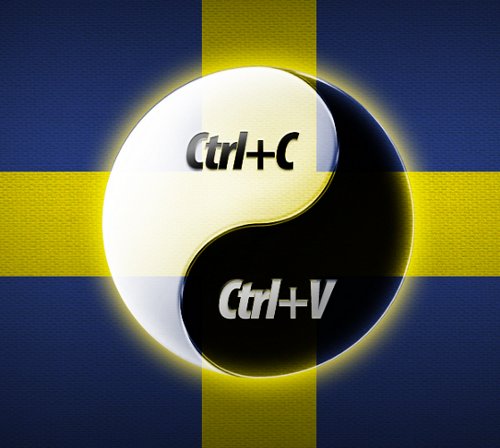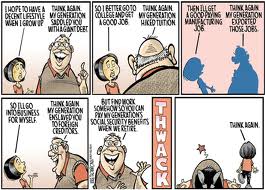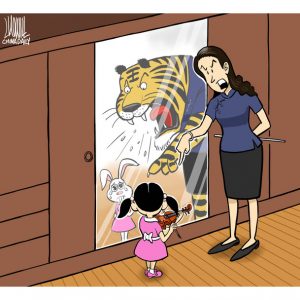Posted at 17:12h
in
Uncategorized
by Anne Boysen

When the New Silents look back on the month of January 2012, they might recall a few contradictory events that had bearings on how they handle digital information. On January the 5th Sweden officially recognized
Det Missionerande Kopimistsamfundet (the Missionary "Copy-me" society) by granting it religious status, which in essence sanctifies the act of file sharing. This
political gift to file sharers can only be seen as endowing moral righteousness to an activity that usually is viewed as immoral and illegal. Contrarily, on January 18th websites like Wikipedia, Google, Reddit, Mozilla and others blacked out their websites in protests of the
anti-piracy bills SOPA and PIPA that were up for voting in the U.S.
Congress. Anti anti-piracy advocates argued the bills if enacted were flawed and would go far beyond preventing illegal file sharing, but in reality open the floodgates for internet censorship. After 4 million petition signatures and 250,000 messages to Congress, several legislators changed their minds and killed the bills. For now anyway. Yet the very next day FBI
 When the New Silents look back on the month of January 2012, they might recall a few contradictory events that had bearings on how they handle digital information. On January the 5th Sweden officially recognized Det Missionerande Kopimistsamfundet (the Missionary "Copy-me" society) by granting it religious status, which in essence sanctifies the act of file sharing. This
political gift to file sharers can only be seen as endowing moral righteousness to an activity that usually is viewed as immoral and illegal. Contrarily, on January 18th websites like Wikipedia, Google, Reddit, Mozilla and others blacked out their websites in protests of the anti-piracy bills SOPA and PIPA that were up for voting in the U.S.
Congress. Anti anti-piracy advocates argued the bills if enacted were flawed and would go far beyond preventing illegal file sharing, but in reality open the floodgates for internet censorship. After 4 million petition signatures and 250,000 messages to Congress, several legislators changed their minds and killed the bills. For now anyway. Yet the very next day FBI
When the New Silents look back on the month of January 2012, they might recall a few contradictory events that had bearings on how they handle digital information. On January the 5th Sweden officially recognized Det Missionerande Kopimistsamfundet (the Missionary "Copy-me" society) by granting it religious status, which in essence sanctifies the act of file sharing. This
political gift to file sharers can only be seen as endowing moral righteousness to an activity that usually is viewed as immoral and illegal. Contrarily, on January 18th websites like Wikipedia, Google, Reddit, Mozilla and others blacked out their websites in protests of the anti-piracy bills SOPA and PIPA that were up for voting in the U.S.
Congress. Anti anti-piracy advocates argued the bills if enacted were flawed and would go far beyond preventing illegal file sharing, but in reality open the floodgates for internet censorship. After 4 million petition signatures and 250,000 messages to Congress, several legislators changed their minds and killed the bills. For now anyway. Yet the very next day FBI






